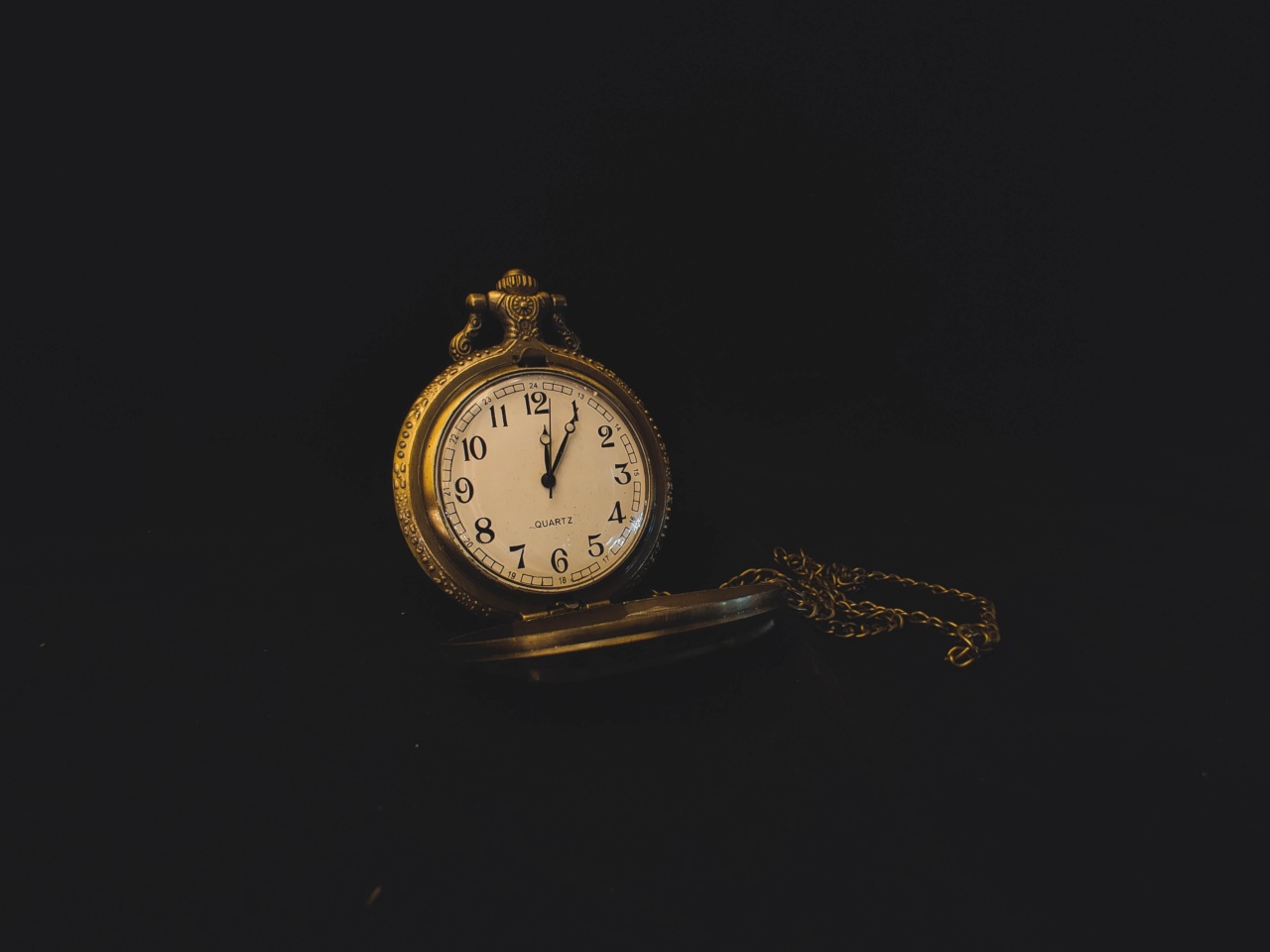As we age, our memory can sometimes become less reliable and may even begin to fail us in certain situations. This can be a frustrating experience, as forgetting important details or events can cause significant stress and anxiety.
However, there are simple strategies that can help improve memory function, and even unlock the brain’s potential to remember everything.
In this article, we will discuss one such technique that can be especially effective for those over the age of 50.
Understanding Memory and Aging
Before we dive into the technique for improving memory, it’s important to understand the ways in which aging can affect memory function in the first place.
As we get older, our brains naturally go through changes that can impact various cognitive abilities, including memory. Some of the factors that can affect memory function in older adults include:.
- Reduced blood flow to the brain
- Decreased production of neurotransmitters (chemical messengers in the brain)
- Reduced ability to form new neural connections
- Inflammation and oxidative stress
All of these factors can contribute to memory issues as we age. However, there are things we can do to help compensate for these changes.
The Memory Palace Technique
One effective strategy for improving memory function is the memory palace technique. This technique involves visualizing a familiar place and associating each item to be remembered with a specific location in that place.
The idea is that by creating a mental image and connecting it to a physical location, it becomes easier to remember the associated information.
To use the memory palace technique, follow these steps:.
- Choose a familiar place: This could be a room in your house, a park you frequently visit, or any space that you are familiar with and can easily visualize in your mind.
- Create associations: For each item you want to remember, create a mental image that is related to that item and then associate it with a specific location in your chosen space. For example, if you need to remember a grocery list, you might visualize a carton of eggs in your mental image and associate it with the kitchen counter in your memory palace.
- Assign importance: To help prioritize the items to be remembered, assign different levels of importance to them. This can be done by associating more memorable images with more important items.
- Practice: Repeat the associations multiple times until they are firmly ingrained in your memory.
The memory palace technique can be especially helpful for older adults, as it taps into the brain’s natural ability to associate images with locations.
By creating vivid mental images and connecting them to a familiar space, it becomes easier to recall information even as memory function declines with age.
Other Memory-Boosting Strategies
Along with the memory palace technique, there are many other strategies that can help improve memory function in older adults. Some additional tips to try include:.
- Stay active: Regular exercise can help improve blood flow to the brain and promote the production of neurotransmitters.
- Eat a healthy diet: A diet rich in fruits, vegetables, whole grains, and lean protein can help reduce inflammation and oxidative stress in the body, which can in turn help protect against memory decline.
- Sleep well: Getting adequate sleep is important for memory consolidation. Aim for 7-8 hours of sleep per night.
- Stay mentally engaged: Reading, doing puzzles, learning new skills, and engaging in social activities can all help support cognitive function.
- Reduce stress: Chronic stress can be harmful to the brain, so finding ways to manage stress, such as through meditation, yoga, or deep breathing exercises, can be beneficial.
Conclusion
Memory decline can be a frustrating and worrying experience, but there are simple strategies that can help improve memory function, such as the memory palace technique.
By visualizing familiar spaces and creating associations between mental images and physical locations, it becomes easier to remember important information.
Other strategies, such as staying active, eating a healthy diet, sleeping well, staying mentally engaged, and reducing stress can also support cognitive function and help protect against memory decline as we age.





























